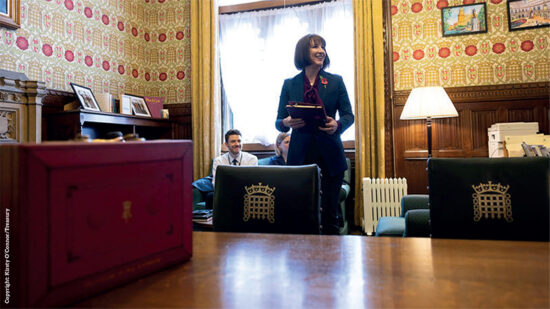Representatives from the six countries discussed the plans at a meeting on Monday in Dubai, the United Arab Emirates city whose opulent and cavernous shopping malls would be affected by the introduction of a GCC-wide VAT.
Although the officially-stated goal is to agree on the integrated VAT programme by 2012, UAE prime ministerial adviser Ehtisham Ahmad told reporters that the tax was unlikely to be in force until mid-2013 at least, due to the difficulties in setting it up.
Nasser Saidi, the Dubai International Financial Centre’s chief economist, was quoted by Arabian Business as saying the GCC should push ahead nonetheless with the tax, which, he noted, had already been discussed with the International Monetary Fund.
“I think that is a very valid proposal and it is timely to start discussing this,” Dr Saidi said, adding that declining income from customs duties as a result of the signing of various trade agreements was “another motivating factor” for pursuing the plan.
“The alternative has to be a broad based source of taxation. The best is a tax on consumption, which is a value-added-tax,” he added.
Other plans
In addition to VAT, the GCC countries – which in addition to the United Arab Emirates include Saudi Arabia, Kuwait, Bahrain, Oman and Qatar – are also in talks to finalise a plan for sharing customs duties among the member countries, and to introduce a single GCC currency.
Currently the common customs duty rate applied by the GCC Customs Union on imports from outside the GCC is around 5%, excluding tobacco products and alcoholic beverages, on which the duties are 50% and 100% respectively. Food products and pharmaceuticals are exempt.
Under the existing system, custom duties are retained by the country where the imported goods are consumed, and some GCC members, including Saudi Arabia – the GCC’s largest consumer – are understood to wish this system to continue.
The GCC Secretariat, however, endorses a system whereby the revenues would be allocated according to a yet-to-be determined proportion between the country where the first port of entry for the goods was located and the country where they were consumed.
The advantage to this method is that it would “allay some of the costs of customs clearance at the ports of entry, and avoid the more efficient ports with good logistics and customs clearance being burdened by other countries’ imports”, according to a Dubai International Financial Centre analysis released earlier this week.
“Clearly, each option has asymmetric redistributive effects,” the DIFC paper noted.
Single currency
As for the single currency plan, it also remains on the table, although it has suffered a series of setbacks, most recently when the UAE withdrew from the plan after the Saudi capital, Riyadh, was chosen as the base for the central bank. Oman has also remained on the sidelines since 2007.








